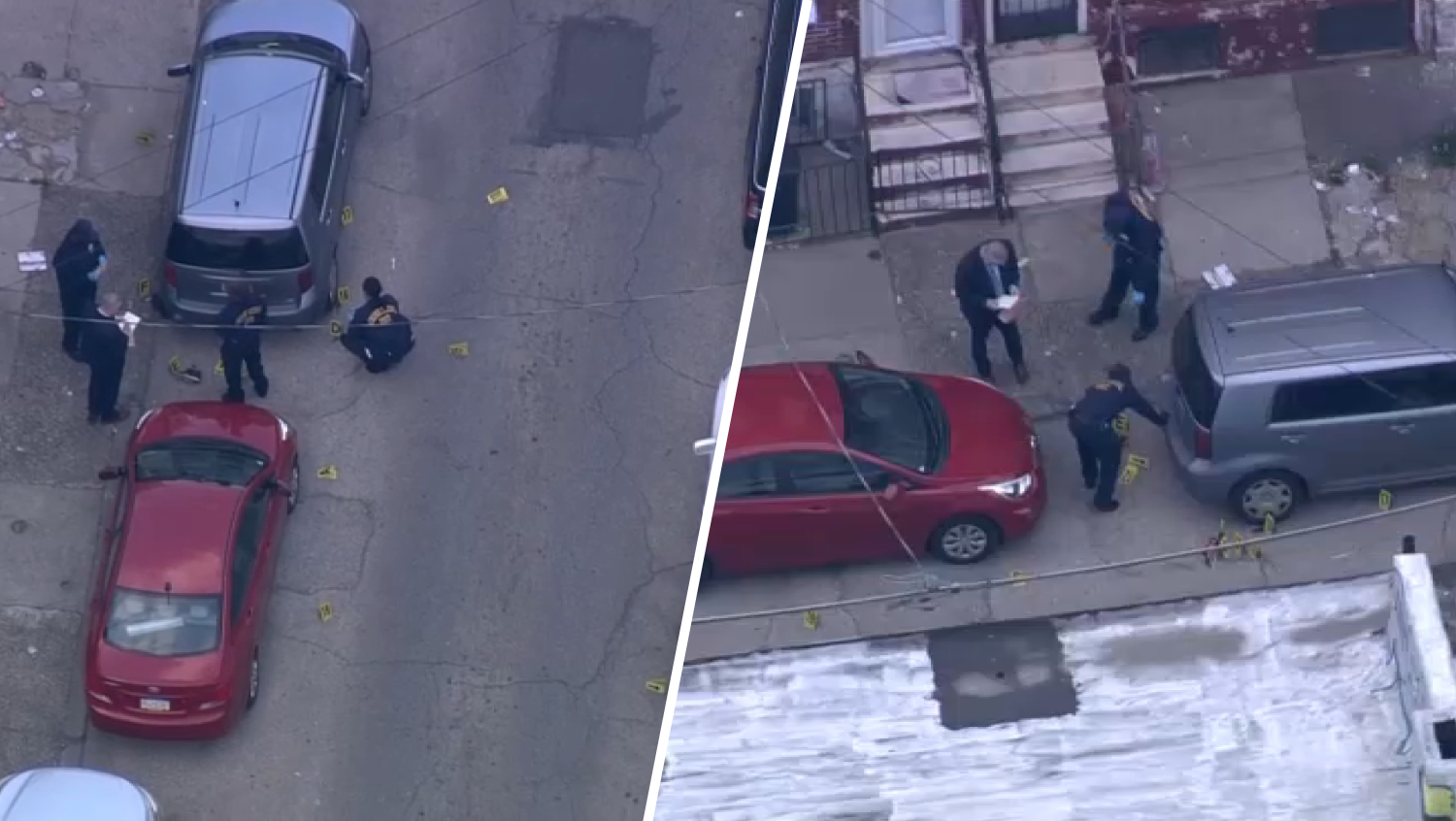The city of Philadelphia has lost key documents proving whether fat tax breaks to some nonprofit institutions are justified.
Schools, hospitals, museums, community groups and other institutions enjoy property-tax exemptions worth millions of dollars each year. In return, they're required to fulfill a charitable mission.
The city's Office of Property Assessment is charged with riding herd over the institutions to make sure they truly qualify for a exemption. But the office is maintaining shoddy, incomplete records, raising questions about whether some groups are entitled to their tax exemptions.
When a nonprofit requests a break, the city is supposed to demand an application and inspect the parcel in person.
Documents missing for 67
The University of Pennsylvania owns more than 110 tax-exempt properties, including those that are partially exempt. When WHYY asked to review the records, city officials could not find applications or inspection reports showing why 67 parcels qualify for tax breaks.
This doesn't seem to be a unique situation. Of 14 properties owned by other tax-exempt nonprofits, ranging from a medical center to a housing group, city officials couldn't locate applications for five.
Michael Piper, OPA's deputy chief assessment officer, said several files disappeared during a move a few years ago.
Local
Breaking news and the stories that matter to your neighborhood.
"I remember one of the administrators that used to work here used to make the statement that, 'The Egyptians would save things for 5,000 years. We can't help but throw them out after 40 or 50 years,'" Piper said. "And I would agree."
That's unacceptable, said City Controller Alan Butkovitz.
"They lost the data in the move? Seriously?" he asked. "The dog ate their homework? What kind of explanation is that?"
Butkovitz, a vocal critic of the OPA's recent reassessment, said the city should go back and verify that the institutions still deserve a tax break.
Paperwork not optional
Nicholas Cafardi, a charity-law expert at Duquesne University, agreed. In fact, he said that if city is missing a nonprofit's application, it must ask for a new one.
"To the extent these documents are missing, they need to be recreated," he said.
Cafardi said that the city should not only maintain its records, but also routinely check them against current law.
A 2012 Pennsylvania Supreme Court ruling reaffirmed the so-called "HUP test," a series of strict guidelines that nonprofits must meet in order to qualify for a property-tax exemption. As one example, Cafardi said frat houses may no longer be eligible for a break under the test.
"I don't think [fraternity houses] meet the HUP test," said Cafardi. "Who are they benefiting? They're benefiting primarily their members. ... The HUP test requires you benefit an indefinite group of people who are legitimate objects of charity."
Parking lots could be problem
The University of Pennsylvania owns five fraternity houses whose paperwork has been lost by the city. Cafardi also questioned whether the university's tax-exempt parking lots met the HUP test. The city can't produce some of their records either.
David Glancey, a lobbyist for the University of Pennsylvania, said that you must consider the details of each specific property, including fraternity houses and parking spaces, before determining their eligibility. He welcomed the city to take another look at the university's tax-exempt properties.
"The city has every right to review, to audit," he said.
Soon, the OPA is planning to do just that. Piper said it will start to regularly audit every nonprofit tax break next year, and check to make sure abated properties are paying their taxes.
"Just about everything that the assessment office has done for years," Piper said, "we're trying to look to see if we can try to do better."
He said the the decision was prompted, in part, by WHYY's past reporting on the office's shortcomings.
Earlier this year, WHYY found that Philadelphia had been granting property-tax breaks, including abatements, to more 1,700 tax delinquents. Another report revealed that the city was giving breaks to nonprofits whose tax-exempt status had been revoked by the IRS.
Law would force reviews
The city might soon be forced to reexamine its property-tax exemptions on a regular basis.
A Philadelphia City Council committee is considering a bill Thursday that would require exempt nonprofits to certify every year that they deserve a pass.
Some institutions are concerned that the certification process may be overly onerous.
Councilman Bill Green, who introduced the legislation, believes that it would likely reveal that thousands of property-tax breaks "were granted decades ago and just nobody's looked and paid attention since."
This story was reported through a news coverage partnership between NBC10.com and NewsWorks.org



